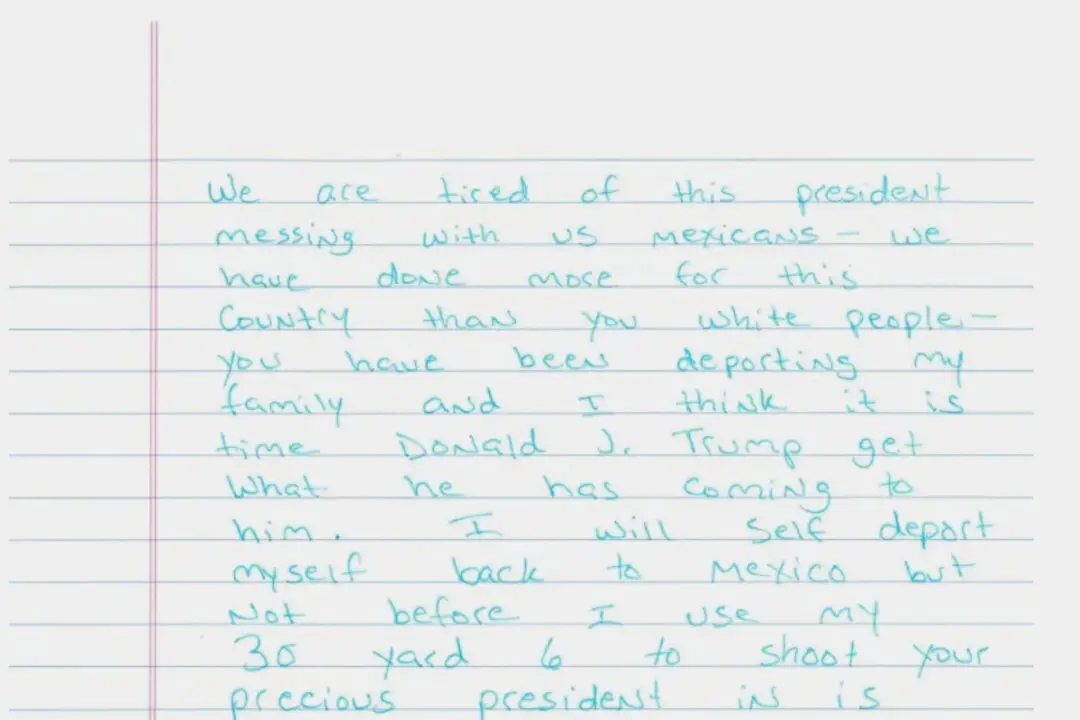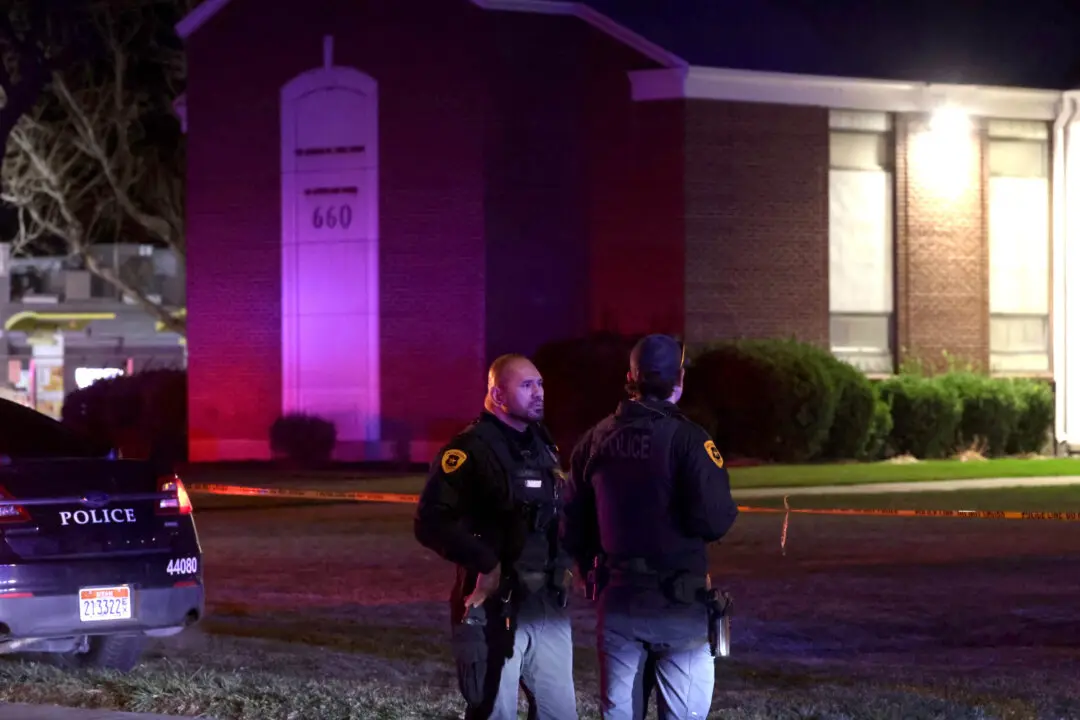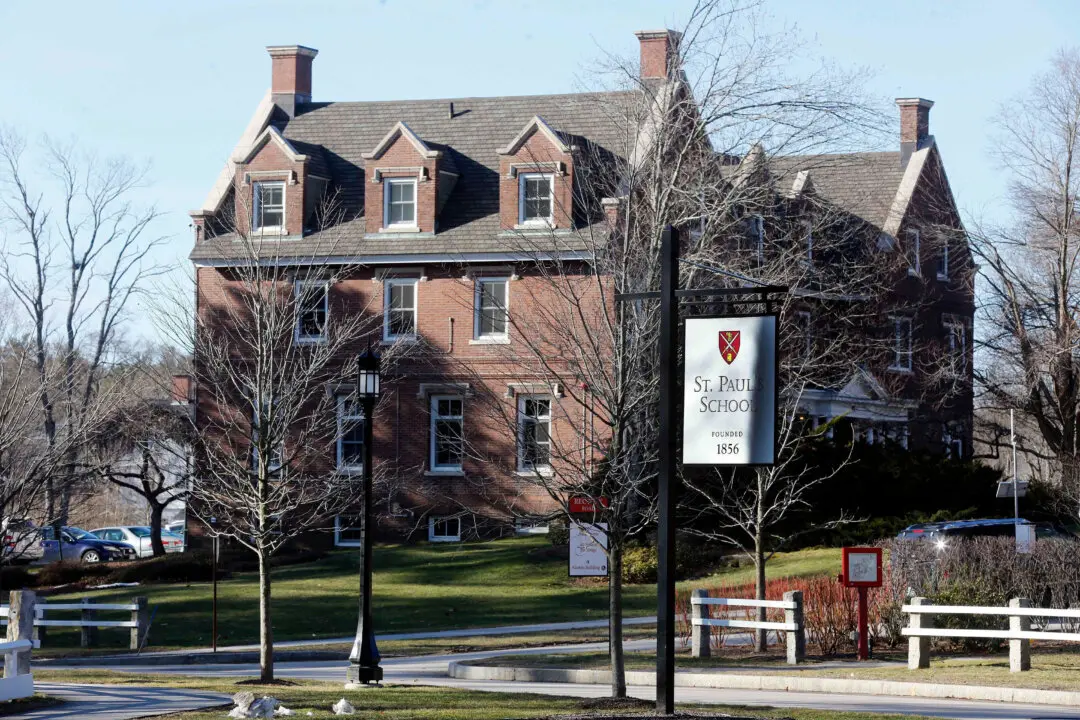WASHINGTON—A generation gap among black voters could be critical for Hillary Clinton and Bernie Sanders on Super Tuesday.
Older black voters, a reliable primary voting bloc, are coalescing around Clinton. Millennial black voters â young adults energized by groups like Black Lives Matter â appear torn between the former secretary of state and her opponent Bernie Sanders.
For Sanders to have any hope of overall success with black voters, who overwhelmingly supported President Barack Obama in 2008 and 2012, he’s going to have to not only win motivated young black voters, but persuade older voters who’ve supported the Clintons for years to defect to him.
“Bernie has been able to appeal to younger voters based on many of the issues he has raised in his platform,” said D'Andra Orey, a political science professor at Jackson State University in Mississippi. But, Orey added, the question is whether older blacks believe Sanders “is a viable candidate.”
Clinton is hoping her popularity with older black voters pays dividends on Super Tuesday. Black voters make up 15 percent of all voters in the 12 Super Tuesday states, according to the Pew Research Center, with African-American voters making up almost 1 in 3 voters in Alabama and Georgia.
Those voters helped Clinton win the South Carolina Democratic primary handily with 8 in 10 voting for her, and are expected to be difference-makers for Clinton throughout the South.
Sanders now is pinning his hopes on states like Minnesota, with fewer black voters. But he’s also been trying to make inroads among blacks, meeting with civil rights leaders and touting his civil rights work in the 1960s.
He’s also been talking up his platform of fighting economic inequality and reforming the criminal justice system in addition to his stump speech on Wall Street excesses and the need for campaign finance reform. Before losing the Nevada caucus and the South Carolina primary, he'd picked up endorsements from moviemaker Spike Lee, former NAACP president Ben Jealous, singer and activist Harry Belafonte and Erica Garner, the daughter of Eric Garner, who was killed by New York police.
“We have got to achieve the day when young black men and women can walk the streets without being worried about being harassed by a police officer,” he told a recent South Carolina crowd.
Clinton, meanwhile, has been touting her work as Obama’s secretary of state and working connections built with the black community during her husband Bill Clinton’s presidency. She’s picked up endorsements from former NAACP president Kweisi Mfume; the Congressional Black Caucus’ political arm; the mothers of Eric Garner, Trayvon Martin, Sandra Bland, and Jordan Davis; and a slew of elected officials. She’s also advocated for programs like universal child care, additional money for public schools and counseling to help keep teenagers out of the criminal justice system.





